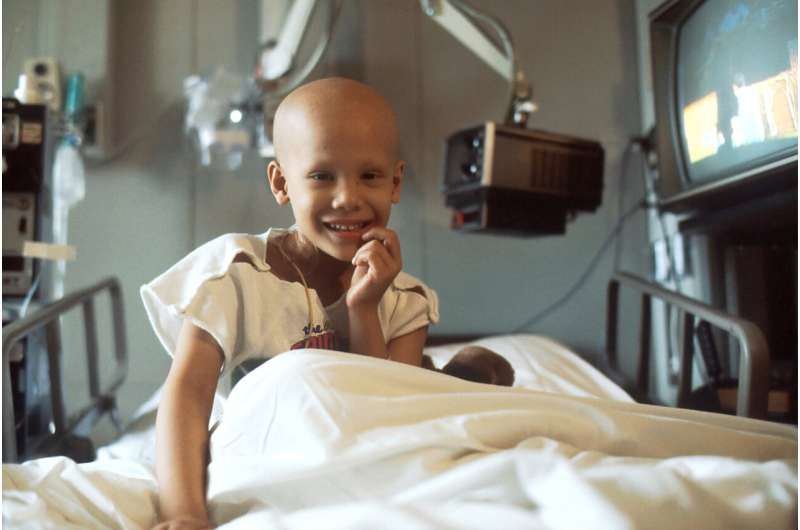Innovative Targeted Radiation Therapy Achieves Near-Complete Response in Rare Sarcoma Cases

A new targeted radioligand therapy shows remarkable promise in treating rare solitary fibrous tumors, achieving near-complete responses in early clinical cases with minimal side effects. This innovative approach could revolutionize treatment options for malignantly transformed soft tissue sarcomas.
Recent advancements in targeted radiation therapy have demonstrated promising results in treating a rare type of malignant tumor known as solitary fibrous tumor (SFT). In a small study involving three patients, this novel approach resulted in near-complete tumor responses, significantly reducing cancer activity and alleviating symptoms such as fatigue and abdominal pain. The therapy involved delivering radiation directly to the tumor’s fibroblast activation protein (FAP), which is highly expressed on tumor cells and surrounding fibroblasts.
The patients had previously undergone multiple standard treatments without success. Advanced FAPI-46 PET imaging confirmed high levels of FAP expression in their tumors. They then received four cycles of radioligand therapy using Yttrium-90 FAPI-46, and their responses were monitored through PET/CT scans with FAPI-46 and FDG tracers. All three patients experienced tumor shrinkage or stabilization, along with notable symptom relief, and importantly, no serious side effects were reported.
SFT is a rare soft tissue tumor with limited treatment options. While most are benign with low recurrence risk, 15-20% are malignant, and those classified as benign can potentially transform malignantly. For malignant cases, prognosis is often poor due to scarce effective therapies.
Helena Lanzafame, MD, from the Department of Nuclear Medicine at University Hospital Essen, explained that FAP is highly expressed in several sarcomas, including SFT, and delivering targeted radiation via radioligands like Y-90 FAPI-46 represents a promising therapeutic strategy. The study's early results suggest that screening patients for FAP expression could help identify those most likely to benefit from this precise treatment.
While these initial findings are encouraging, researchers emphasize that larger clinical trials are necessary to verify safety and efficacy, and to determine how best to incorporate this therapy into existing treatment protocols. This breakthrough offers hope for patients with limited options and highlights the potential of precision radioligand therapy for rare sarcomas.
Source: https://medicalxpress.com/news/2025-09-therapy-response-rare-sarcoma-patients.html
Stay Updated with Mia's Feed
Get the latest health & wellness insights delivered straight to your inbox.
Related Articles
Educational Support Crucial for Young Cancer Patients, Study Reveals
A recent study highlights the critical need for scholastic support for young cancer patients, emphasizing how educational engagement provides motivation, empowerment, and enhances mental well-being during treatment.
Innovative Treatment Brings New Hope for Managing Neuropathy Pain
Discover how innovative research at Northeastern University is paving the way for safer, more effective treatments for neuropathy pain through targeting the body's natural pain control systems.
Innovative AI Tool Uncovers Hidden Disease Indicators Through Cellular Genetic Analysis
McGill University researchers have created an AI-powered tool that detects subtle disease markers within cells by analyzing gene splicing at the exon level, promising earlier diagnosis and personalized treatment options.



